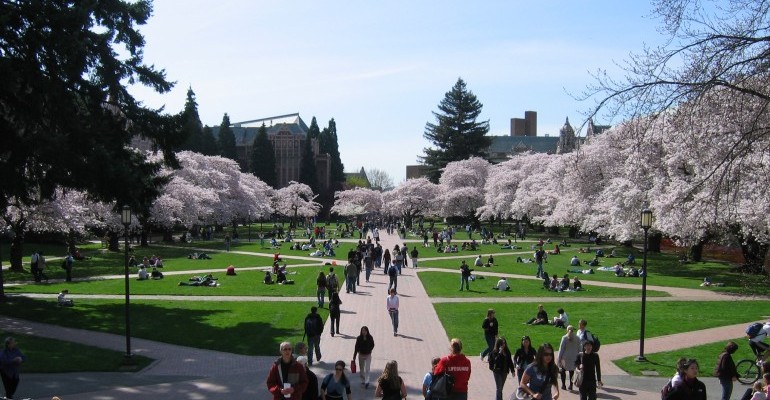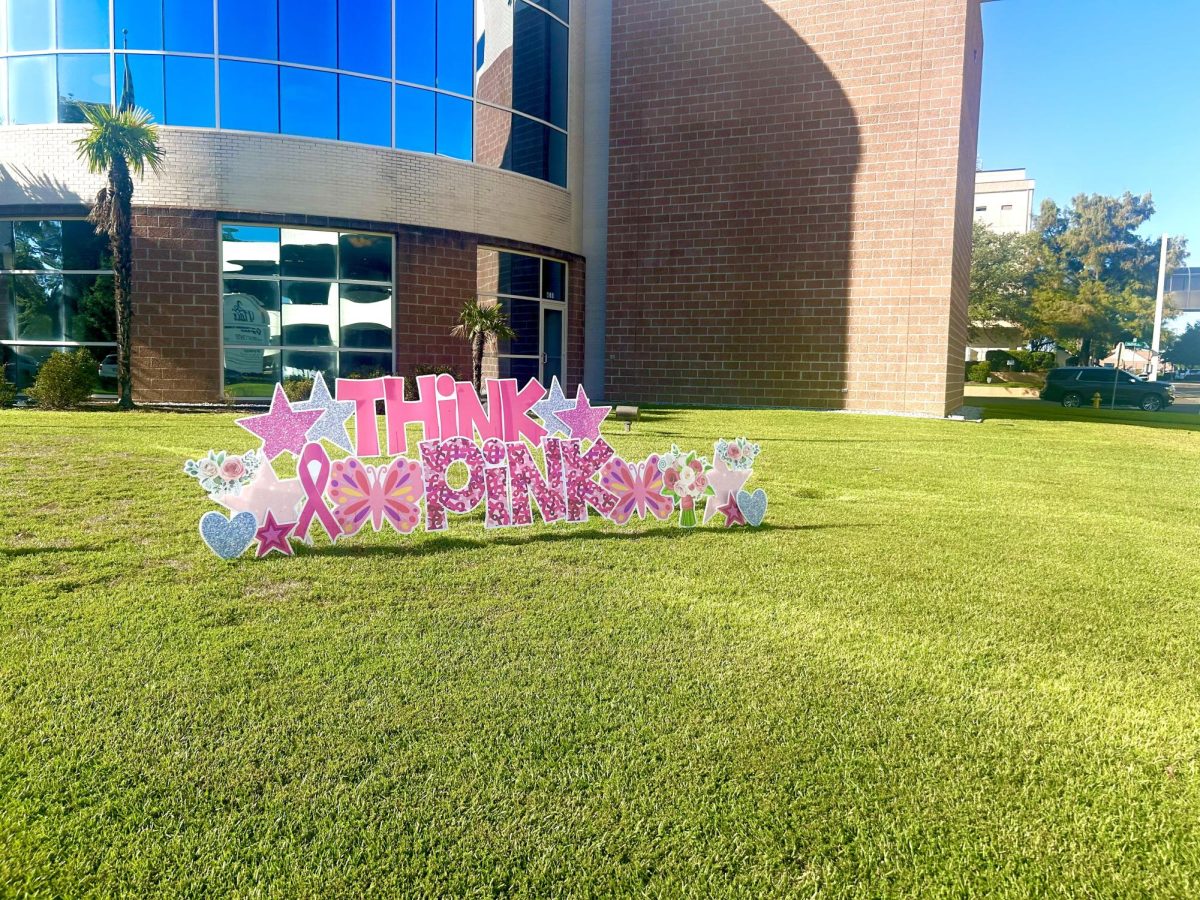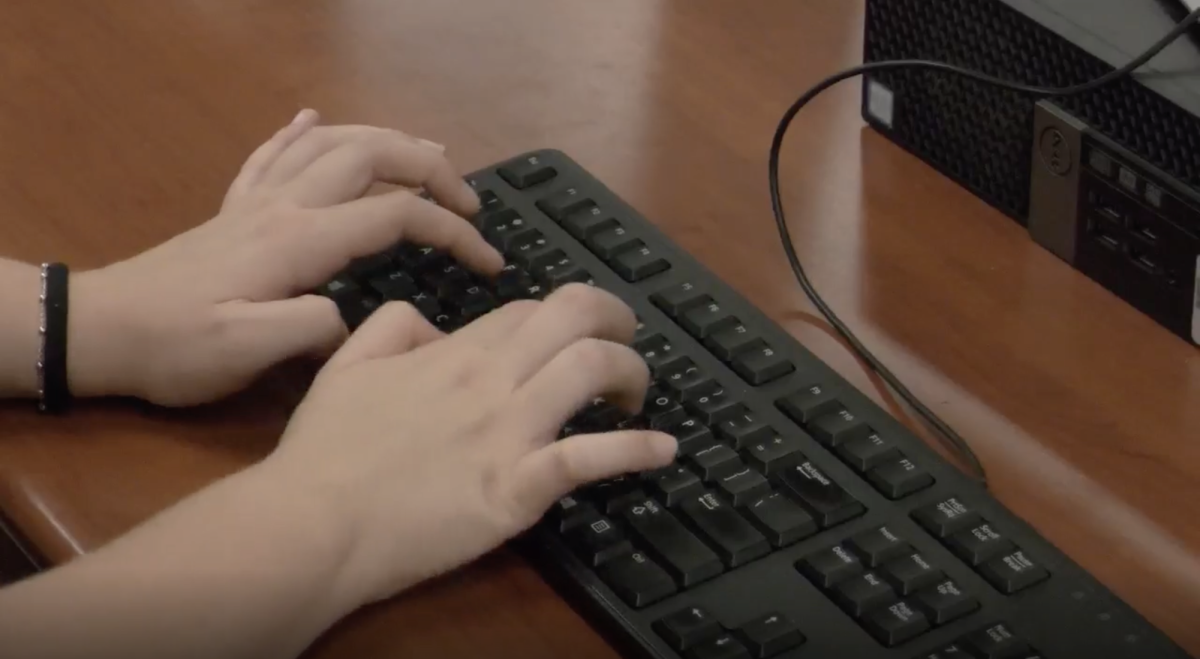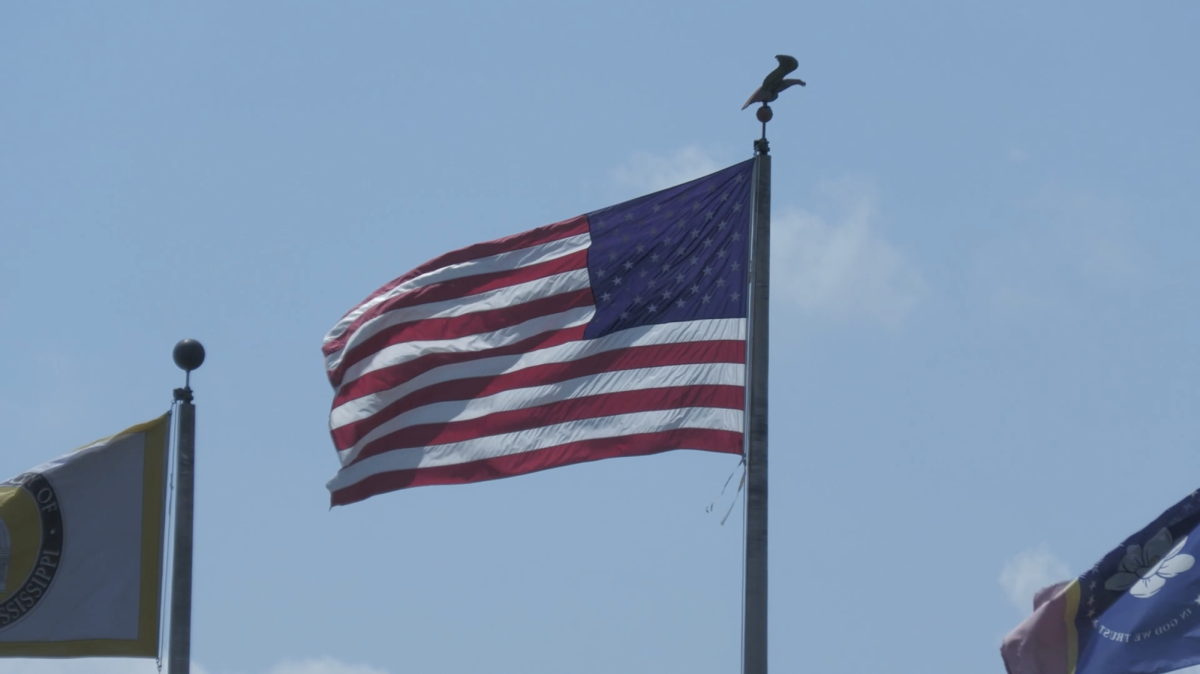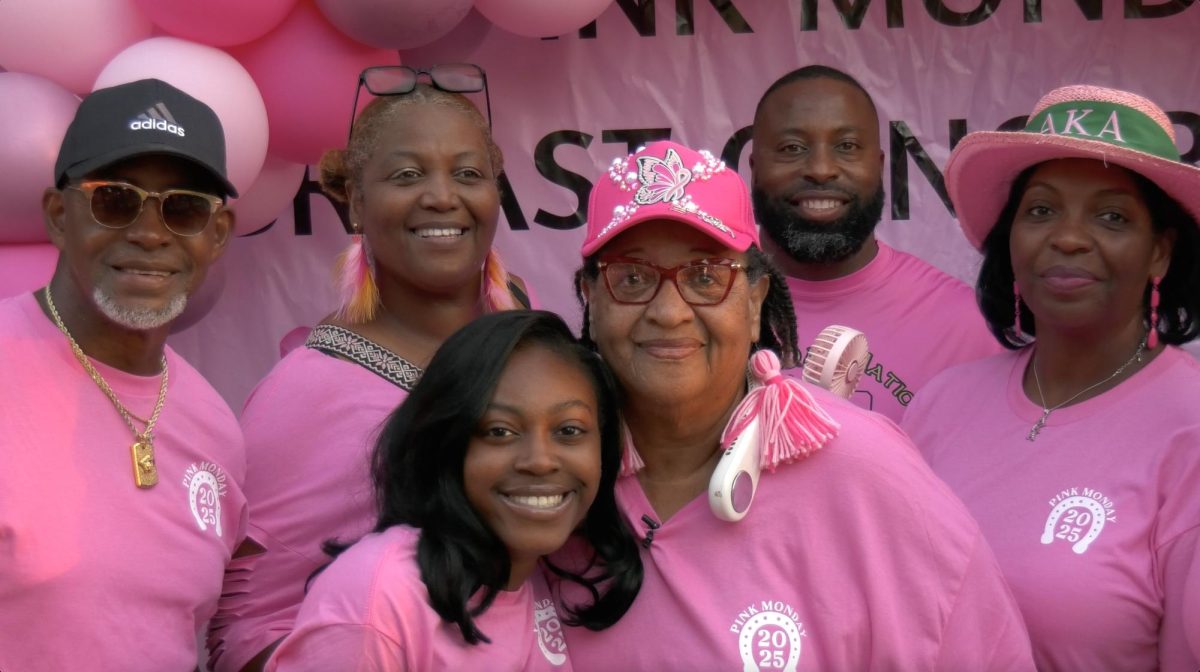University of Washington
Over 4,000 student employees at the University of Washington are set to strike for better wages and conditions.
The strike mostly consists of graduate students who teach undergraduate classes. These classes will be without an instructor during the strike.
USA Today reported the strike vote—over 90 percent came after a protest at a Board of Regents meeting earlier in the month. The protest was led by a coalition of 21 groups within the University of Washington and the protesters sought higher wages, better conditions and a tuition freeze for undergraduate and graduate students.
“Such a result was not expected,” said Norm Arkans, associate vice president of the University of Washington.
Arkans said the protesters demands may already be out of reach. “It was a pretty full cornucopia of demands. I don’t know where it will go from here,” Arkans said.
Arkan’s greatest concern is the impact of 4,000 vacant academic employees. “We would of course make every effort to minimize the impact on undergraduates, that’s our top concern,” Arkans said.
Mackenzie Barton-Rowledge, a member of the protests, said the group’s overall goals are similar. “Our demands center people above bureaucracy, basic needs above impotent formal complaint structures and a more equitable distribution of wealth as a fundamental tenant in a healthy society,” Barton-Rowledge said.
The list of demands the protesters are striking for include a freeze or reduction in the cost of tuition and fees, campus worker wages raised to $15 per hour and affordable and accessible childcare for all university staff, faculty and students.
Paul Pierce, a sophomore studying construction engineering at The University of Southern Mississippi, offered his own opinion about the protesters fight for higher wages.
“It sounds good but then you have to think about whether the university is going to raise prices for things like books or cost of living,” he said. “You gotta think that if minimum wage goes up out there, then cost of living goes up and gas goes up.”
Pierce commented on the protesters themselves.
“I feel like they’re doing it to get the money, but I don’t think they thought it through. Something is always going to come with raising the minimum wage,” he said.
Kendric Burdstone, a sophomore studying physical therapy at USM, gave an opposing stance on the protests.
“The minimum wage is fine for the cost of living to me,” Burdstone said.
Burdstone works at the Payne Center and makes minimum wage at $7.25 per hour.
When asked if she would support the raise the minimum wage, she said, “I would support the raise. I mean it’s more money.”






















